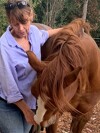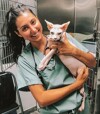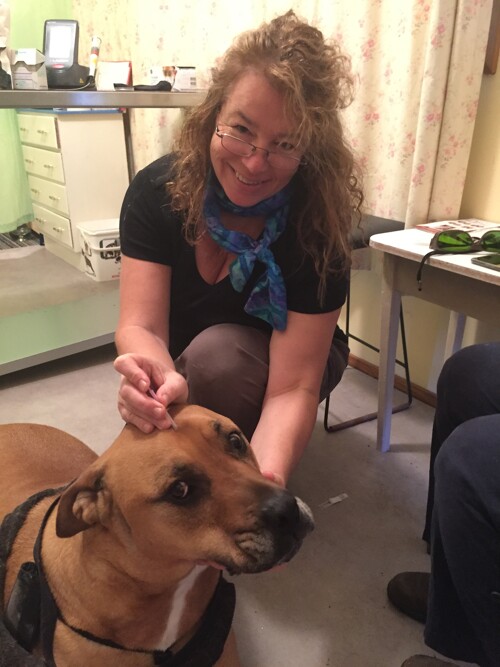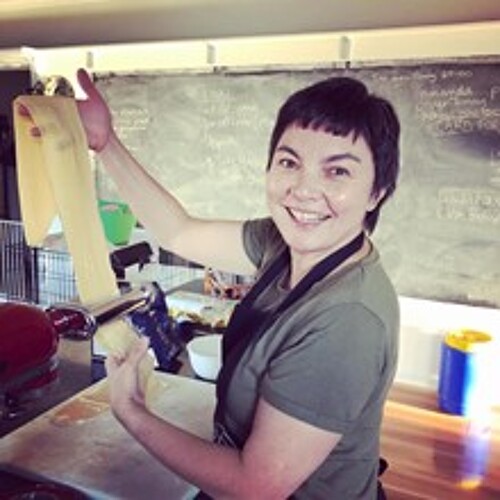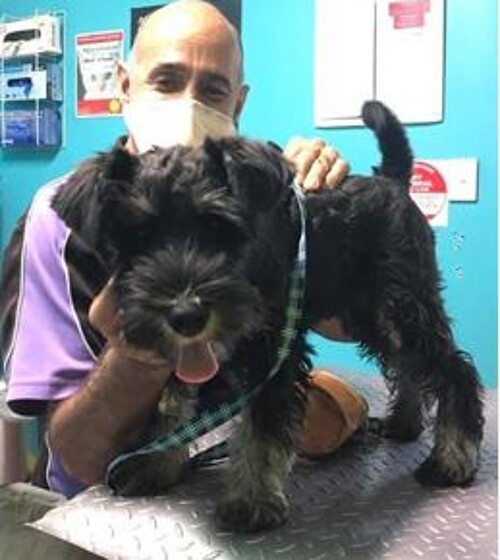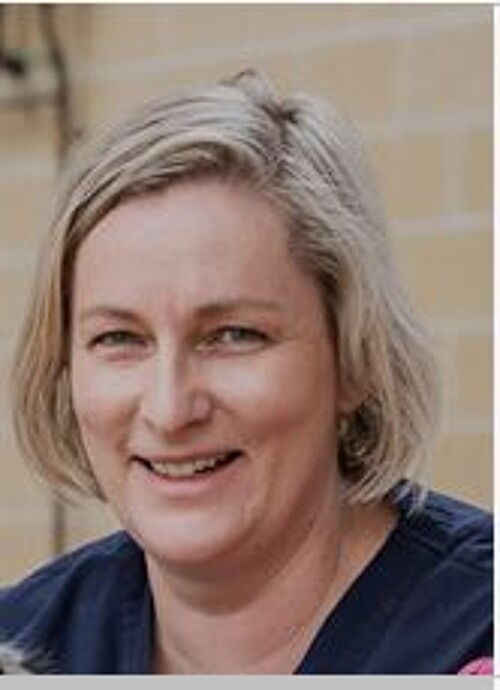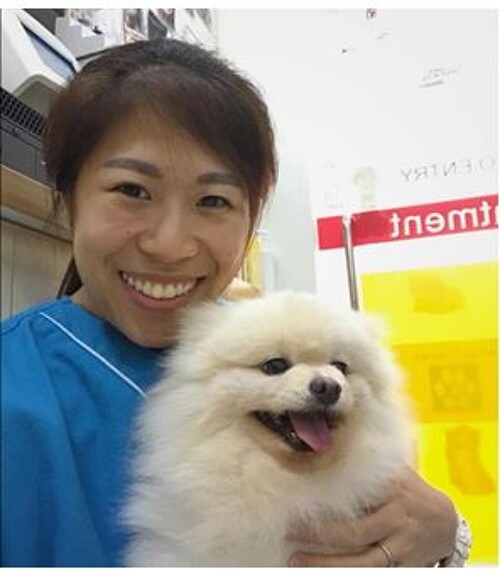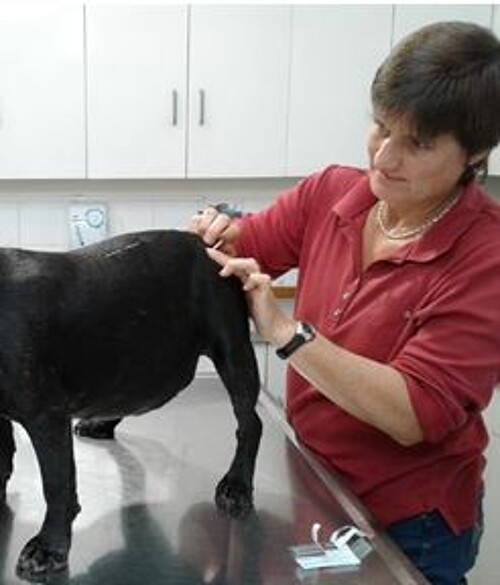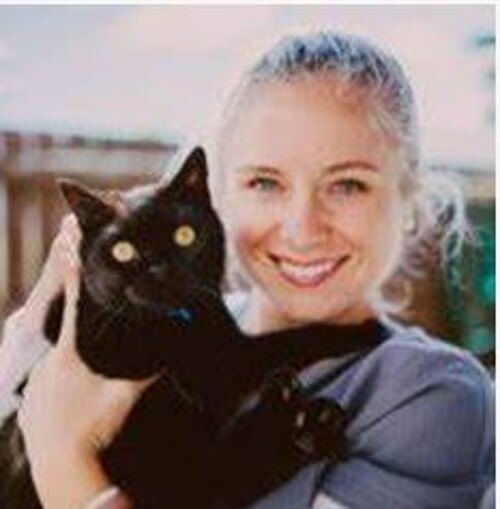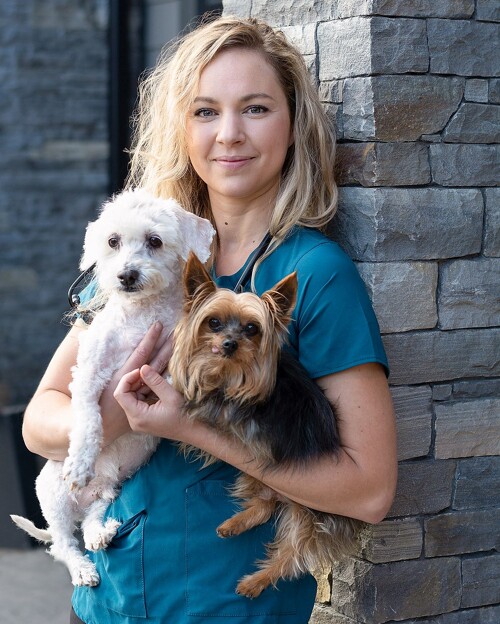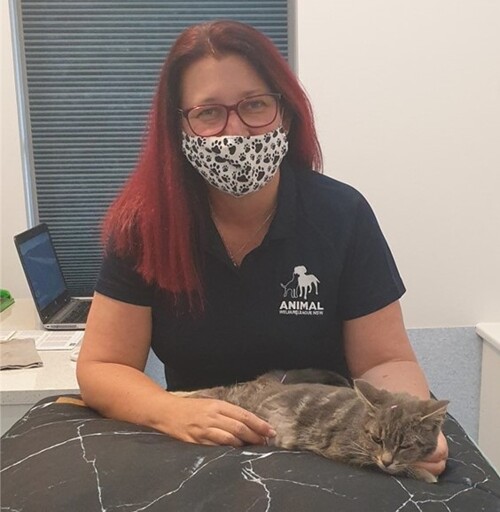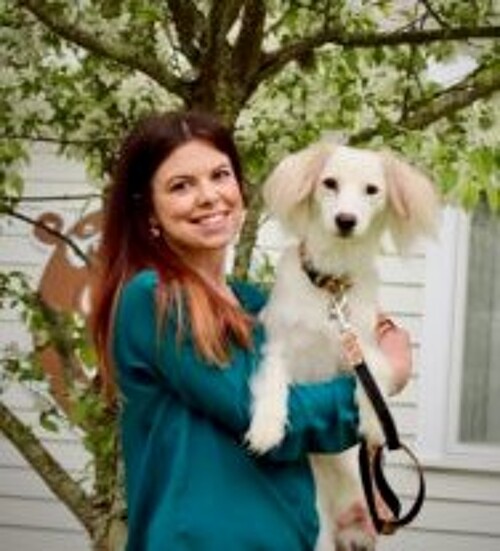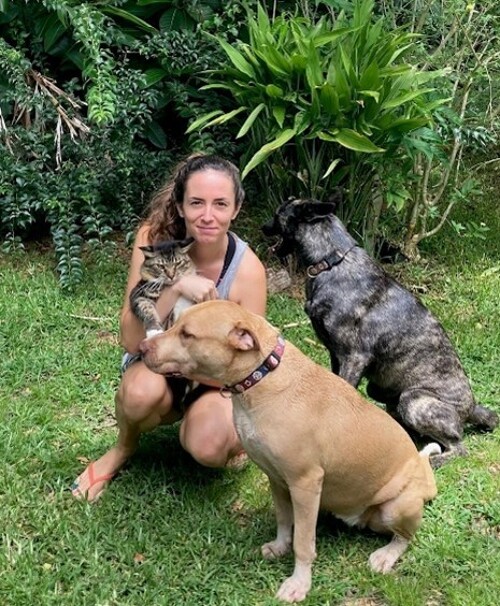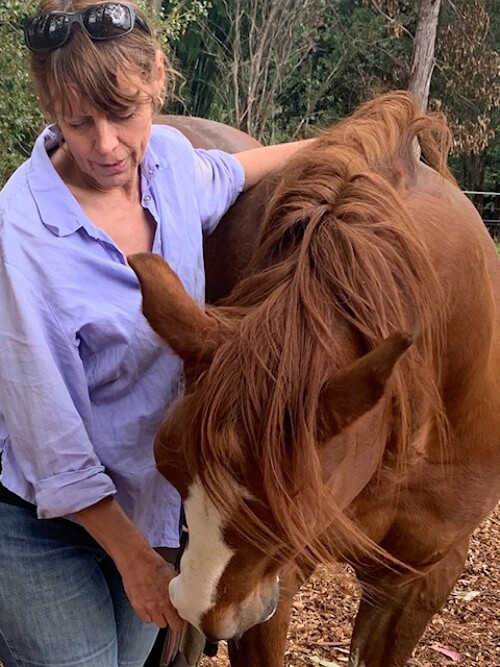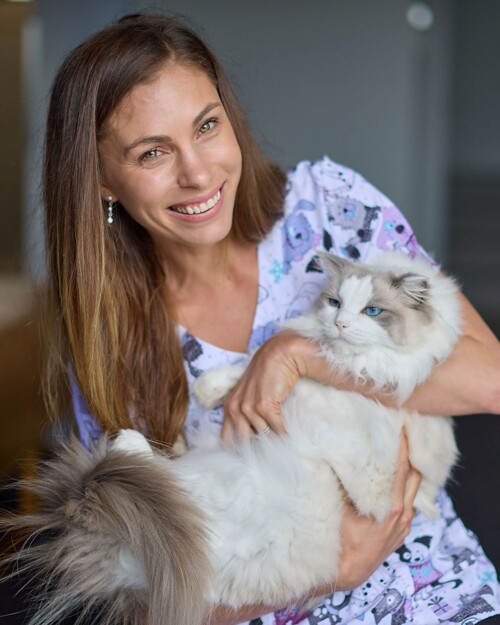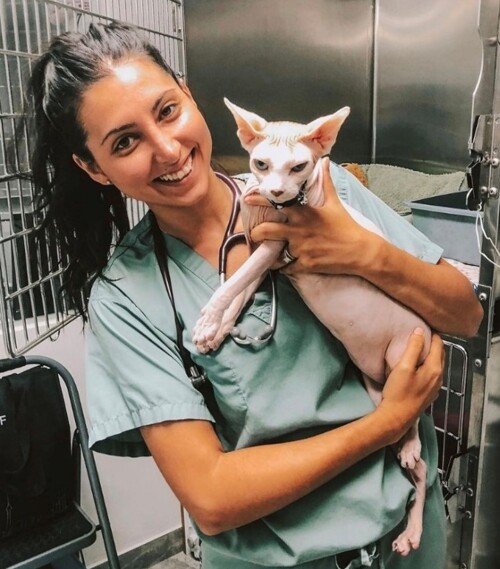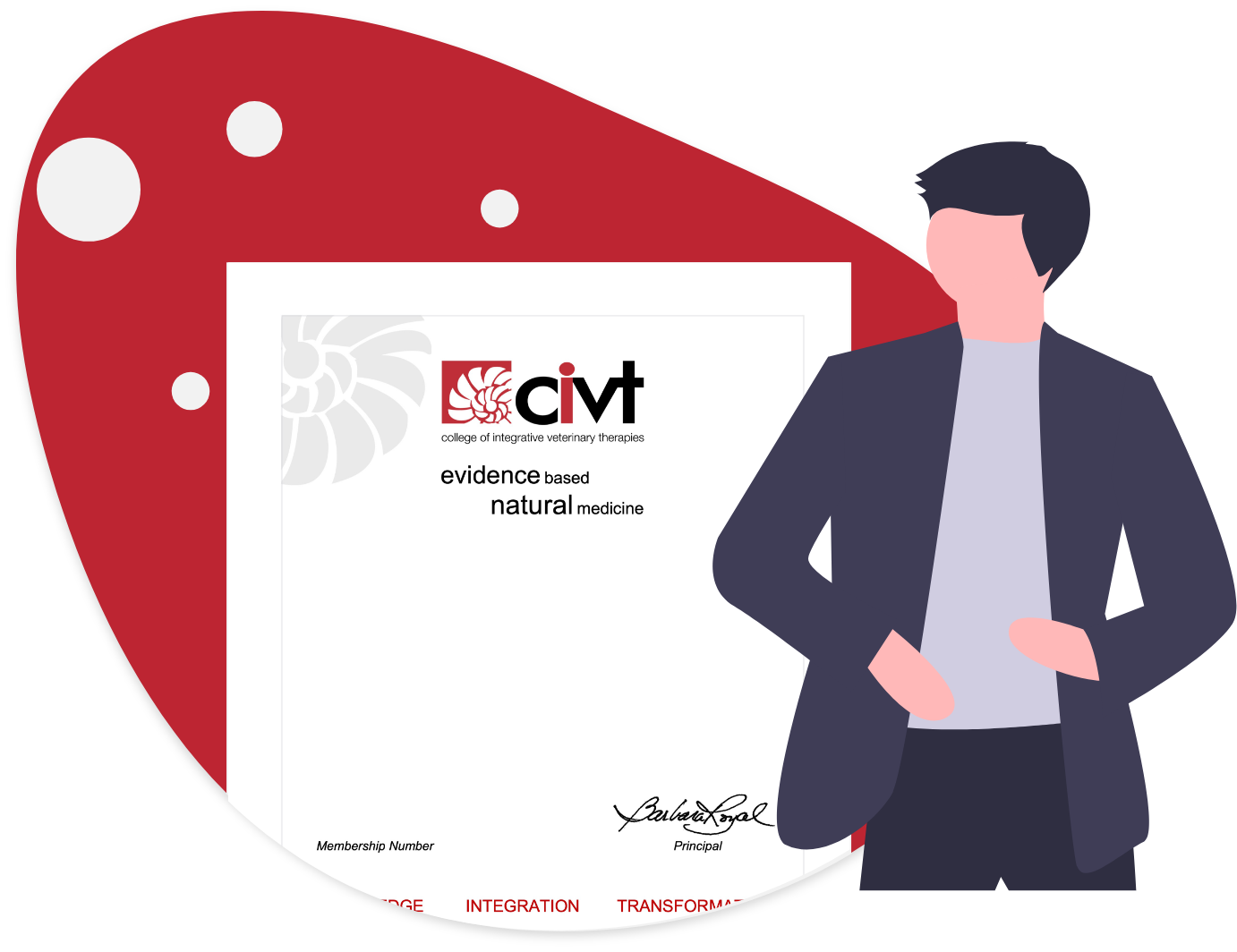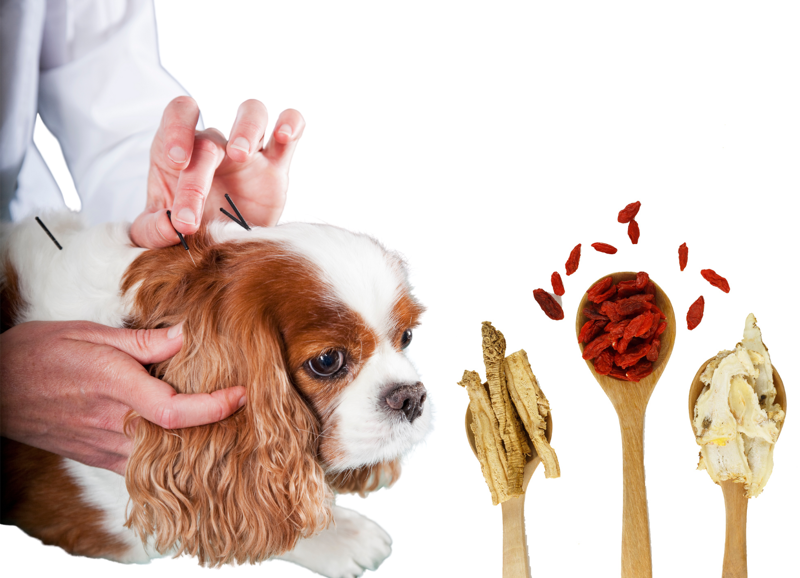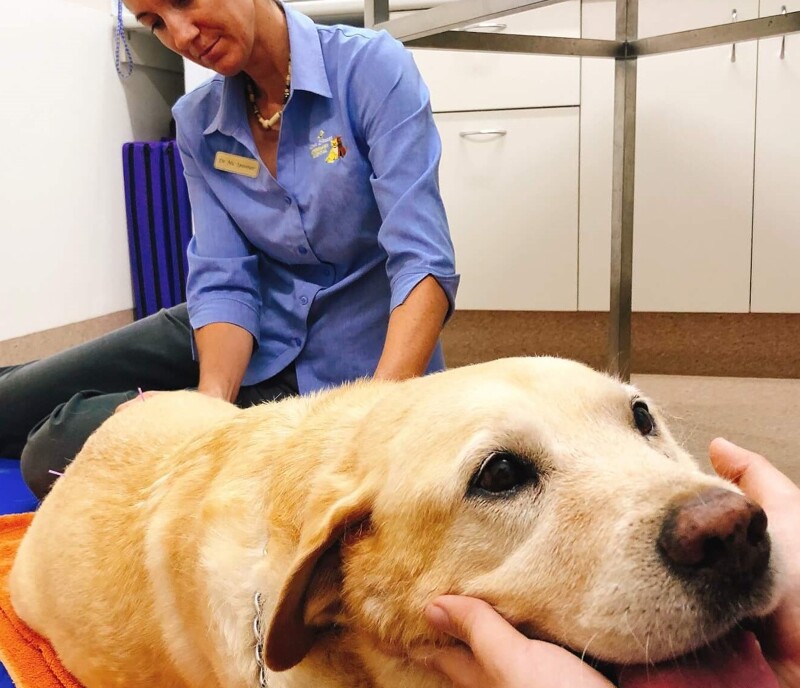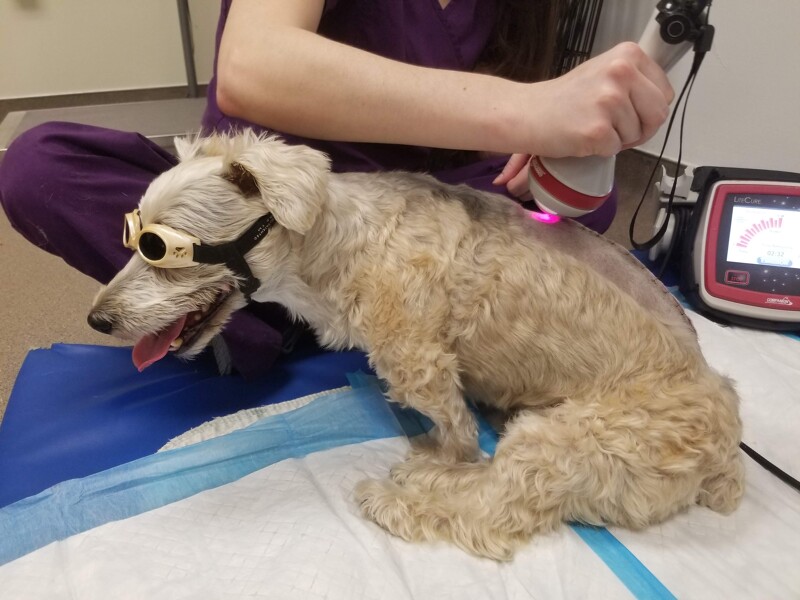About the Course
11048NAT Graduate Diploma of Veterinary Acupuncture is a two-year part-time fully online course designed for veterinarians seeking education that fits into your practice and work-life schedule. It is orientated towards applied theory, both traditional and scientific which you can apply to your work almost immediately. You will be able to develop your confidence and competence over time with continuous case support, guidance and feedback from tutors with simulated cases, an active case forum and then your own clinical cases. One-to-one practical sessions and assessments are conducted via Zoom. You will be able to start using acupuncture within the first module.
The College of Integrative Veterinary Therapies (CIVT) is a Registered Training Organisation (National provider 91769). We offer nationally accredited training under the Australian Qualifications Framework (AQF). Nationally recognized training provides a standard against which courses and colleges can be assessed and assures the student that the course is of an appropriate standard and that government guidelines are met. As RTO accreditation is an ongoing activity you can be assured that the high standards of the CIVT are maintained. This training is available across Australia and internationally.
Modules and Competencies
11048NAT Graduate Diploma of Veterinary Acupuncture consists of eight modules/units of competency. All eight units of competency are core modules and are required before full qualification is granted. Teaching components include the development of a reflective case logbook of personal experience of the skills practiced, demonstrated professional ability and competence, and preparing material and evidence for assessment of competencies. Students are assessed continuously throughout the training and in the final module submit their portfolio of evidence to CIVT for assessment.
Units of Competency
- CHCPRP003 Reflect on and improve own professional practice
- NAT11043001 Apply the veterinary Chinese medicine diagnostic framework
- NAT11048001 Work within a veterinary acupuncture framework
- NAT11048002 Prescribe and safely perform veterinary acupuncture
- NAT11048003 Plan and provide the veterinary acupuncture treatment strategy
- NAT11048004 Monitor and evaluate the veterinary acupuncture treatment
- NAT11048005 Provide advanced veterinary acupuncture treatment
- NAT11043007 Conduct literature review and prepare papers for publication
(Note: If you are Certified in Veterinary Acupuncture elsewhere and have considerable experience please ask us about Recognition of Prior Learning. IVAS recognizes the CIVT Acupuncture courses. CIVT Graduates of the Certificate Veterinary Acupuncture (Small Animal) course can join IVAS as Credentialed members.)
Course Delivery
As a postgraduate student studying at an academic level, you are expected to undertake a significant amount of independent study in your own time and be able to practice skills in the workplace. The Course is undertaken over 24 months and the theory component is delivered online with continuous support by trainers and tutors for the development of practical skills in the workplace. The modules are taught by qualified trainers and assessors including Dr Barbara Fougere with major input from recognised industry expert Dr Steve Marsden as well as other recognised industry expert practitioners contributing various components. The course is self-directed and supported by lecture notes, video lectures and comprehensive study guides which take you through step by step. Trainers and assessors are assigned to each module to support you in the completion of their activities and assignments as well as supporting you in developing skills and confidence in treating your own clinical cases by responding to cases via forum posts and email. One on one support is what makes this course unique. Your workplace is where you get to apply your knowledge and skills and manage your cases.
Program Duration
Part-time. 24 months. The expected volume of learning and study including clinical case time over the 24 months - 1610 hours.
Free CIVT Membership
Students enrolled in the 11048NAT-Graduate Diploma of Veterinary Acupuncture course are eligible for two years free membership of CIVT. Membership benefits include free and discounted webinars, extended course enrolments, access to journals and databases, and more.
Service Quality Commitment
CIVT Management is responsible for the quality of its training and assessment services in compliance with the Standards for RTOs 2015, and for the issuance of the AQF certification documentation. Once you have commenced the training and assessment in this course, CIVT is committed to completing the delivery of the training assessment within the agreed duration and will further negotiate the timing for completion of the training assessment if you are unable to complete the course due to illness or extenuating circumstances. We offer an Absence of Leave option and an Extension of Course Time option. It is your responsibility to alert us if you require either of these.
How to Apply
Prior to enrolling please ensure you read the Enrolment Terms and Conditions and the Student Handbook so you are aware of your obligations and rights.
To apply please click on the Enrol button. You will receive an initial survey which you will need to complete and return. A scanned copy of your previous educational qualifications and photo identification (passport or driver’s licence) is also required to complete enrollment. If you have questions before enrolling, feel free to email our Student Services team: enrolment@civtedu.org
Feedback from a Student:
“The Graduate Diploma of Veterinary Acupuncture has allowed me to access other avenues to treat veterinary patients in a more holistic approach to their ailments. I am now able to integrate the best of Western medicine with the best of traditional Chinese medicine to solve both short and long-term conditions. I was inspired to pursue acupuncture and complementary medicine to reduce the side-effects and tailor my medicine to individual patients, particularly in elderly animals. Acupuncture and Chinese medicine have given me an additional armoury to treat all veterinary patients.”
Dr David Ward, Australia, BVMS, BScAgr, MScVS, GDVA, CCRP
 Australia
Australia








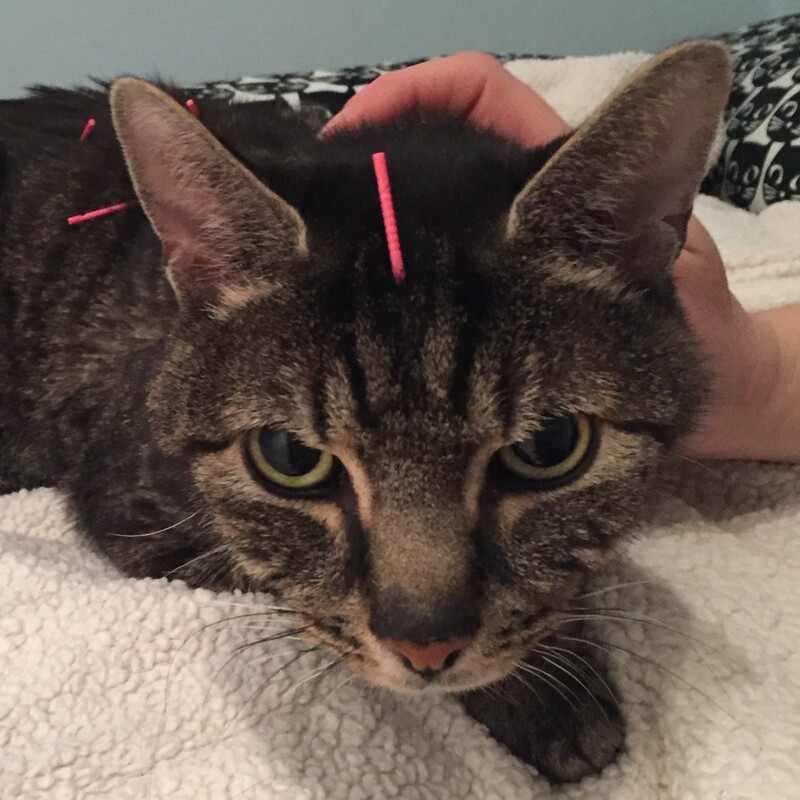





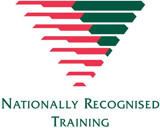

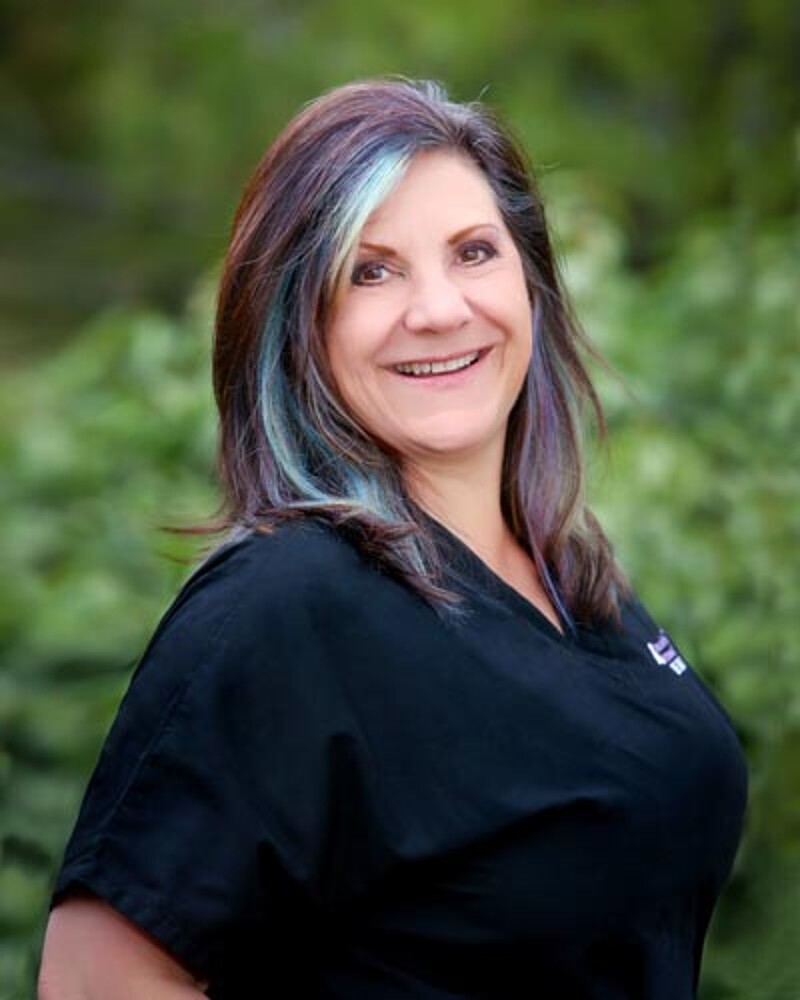
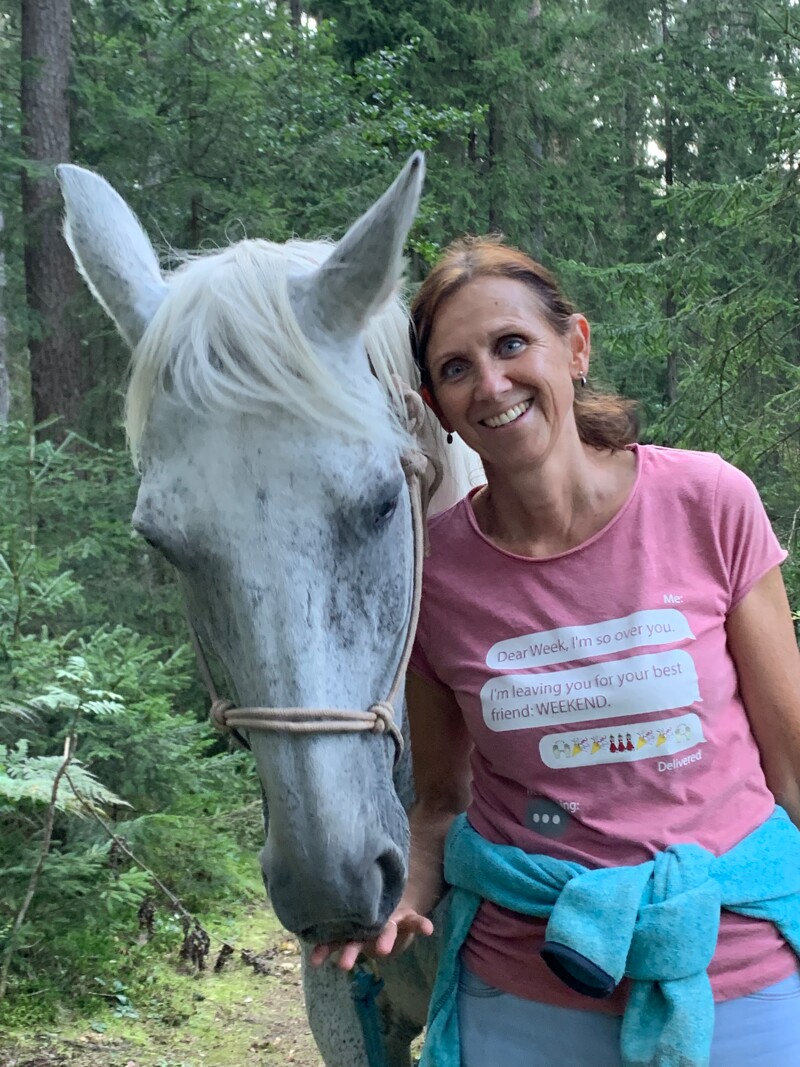
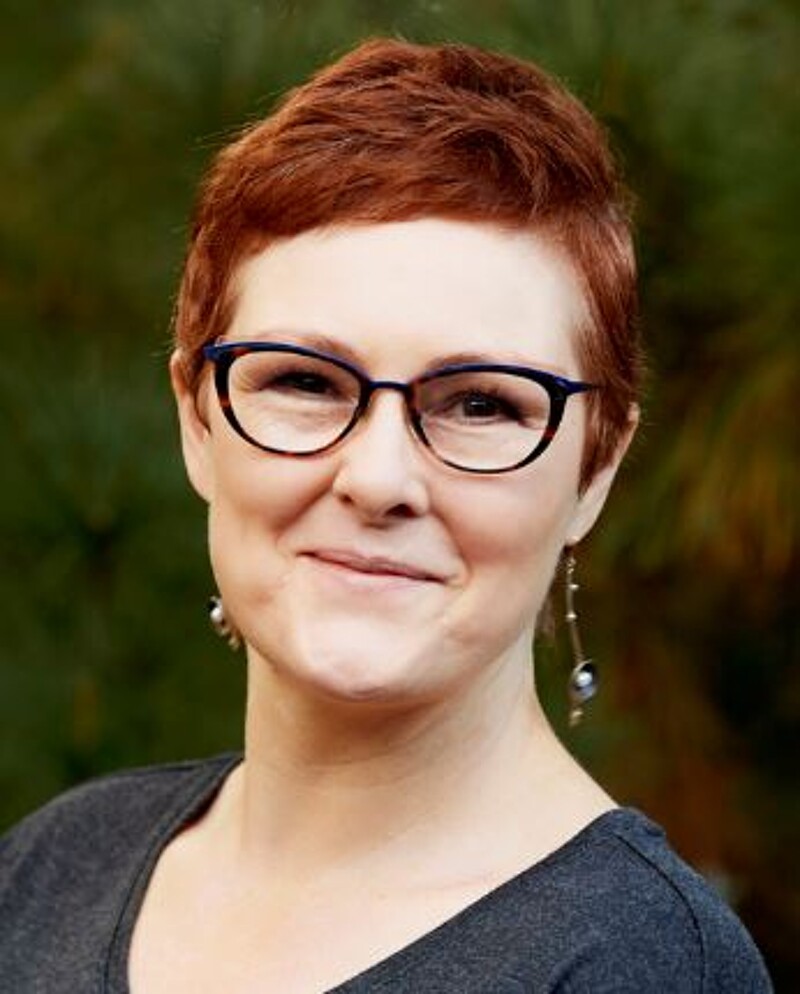
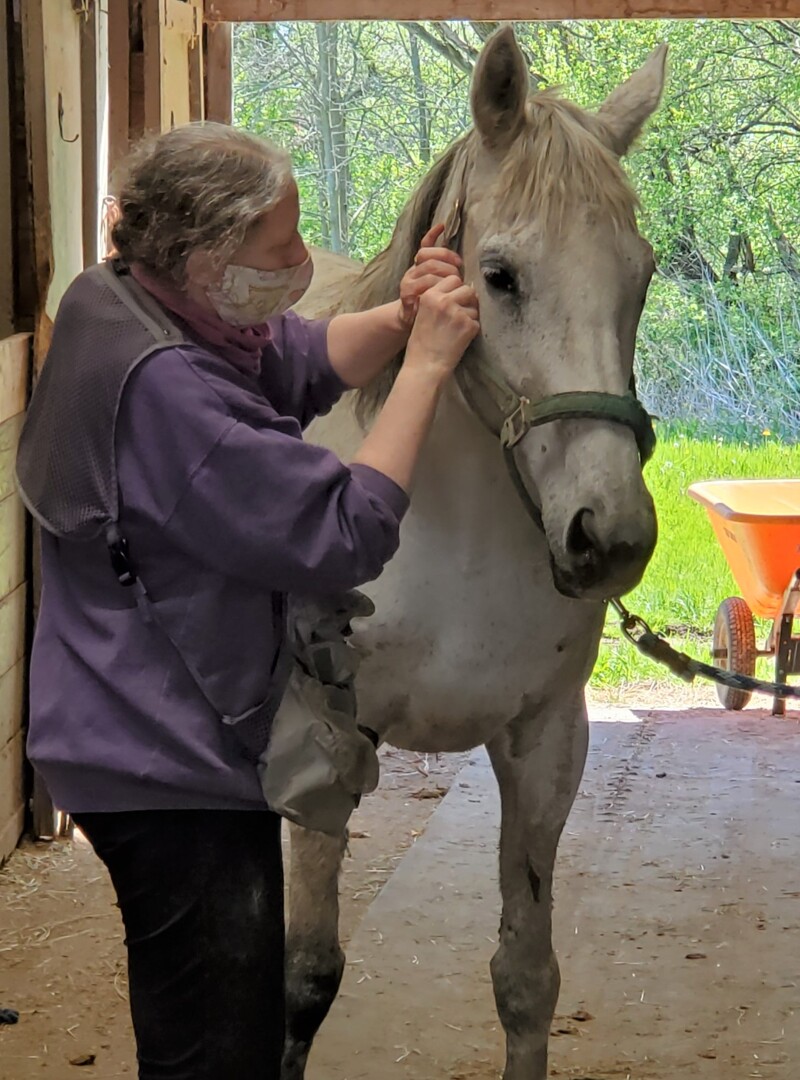
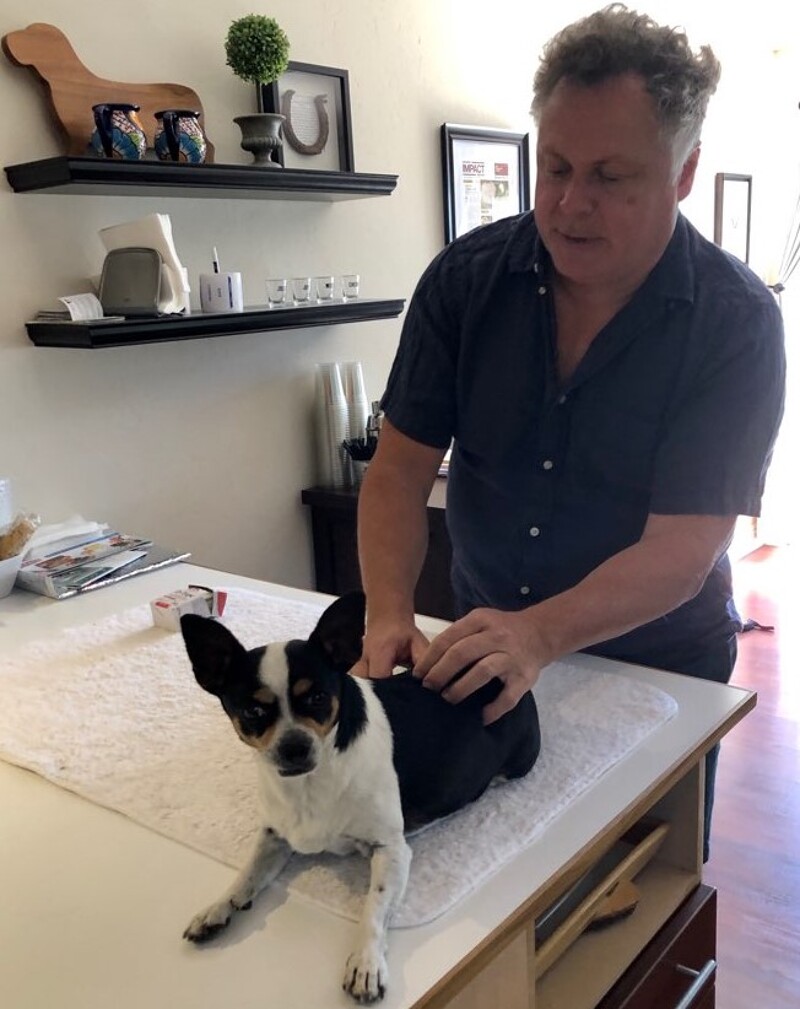



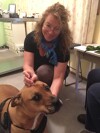

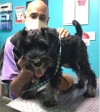


 Singapore
Singapore
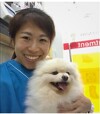
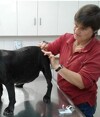
 New Zealand
New Zealand
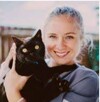
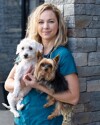
 Canada
Canada

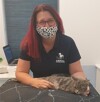

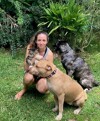
 New Caledonia
New Caledonia
